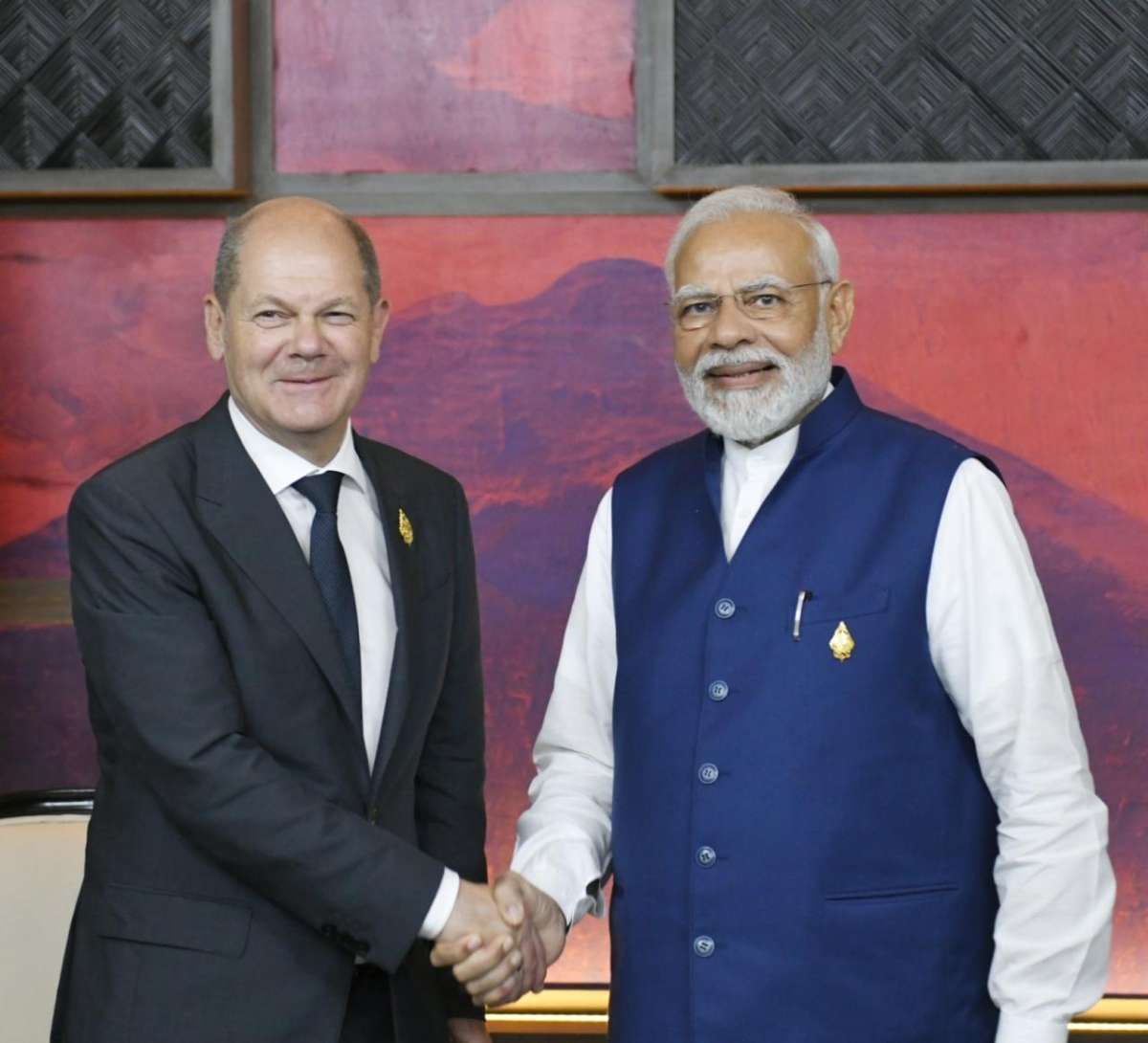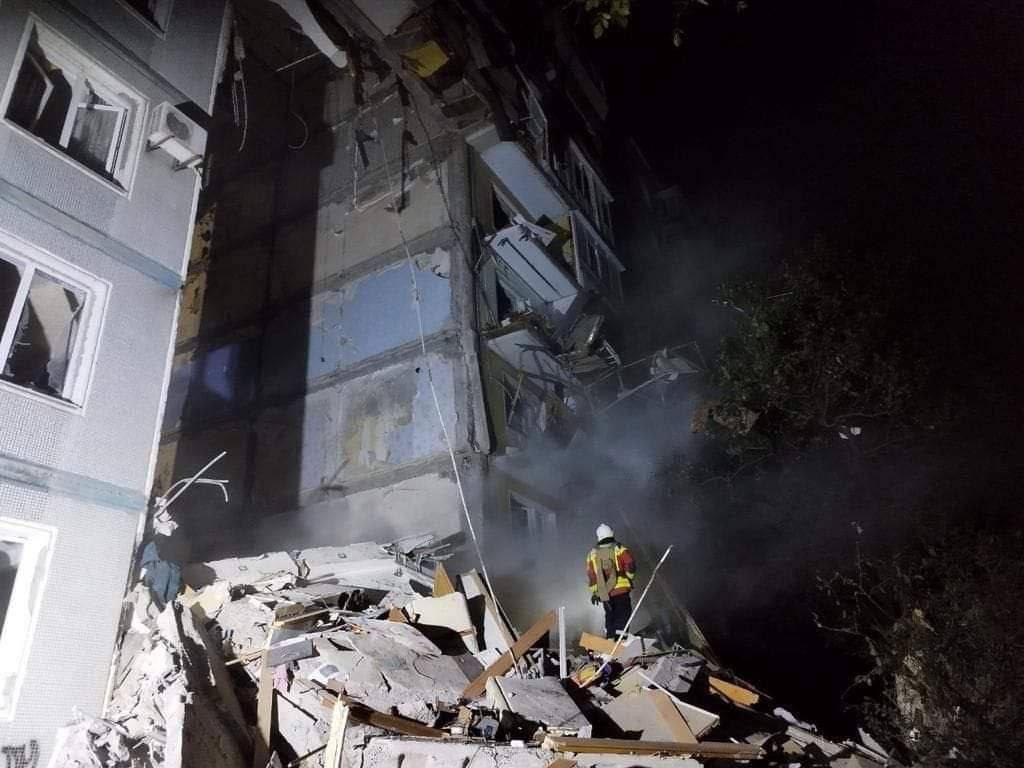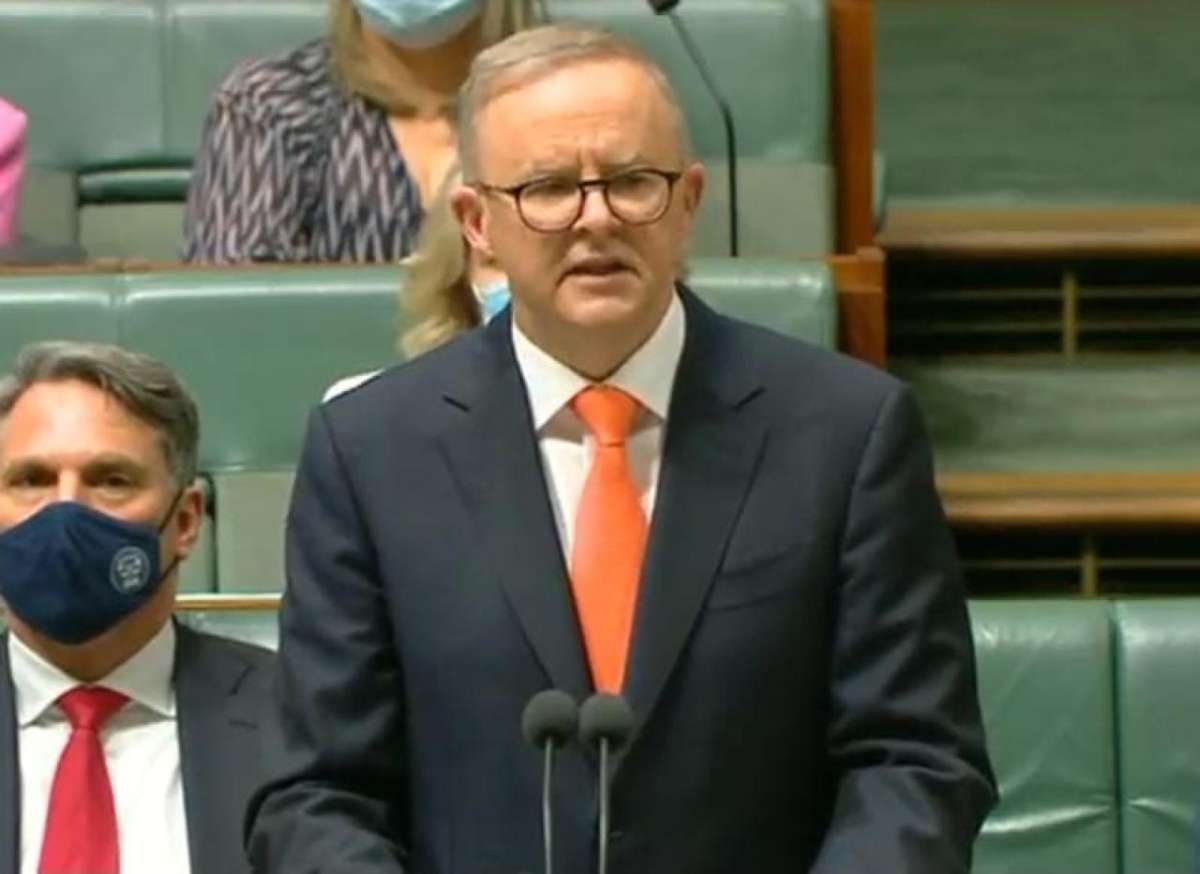The German Chancellor, during Prime Minister Narendra Modi’s visit to Germany in May, had announced support of at least 10 billion euros by 2030 under GSDP…reports Asian Lite News
German Chancellor Olaf Scholz is likely to visit India twice next year as the two countries look to strengthen bilateral relations with an emphasis on green and sustainable development.
“The Chancellor is planning a bilateral visit to India next year…. I am very confident he will come for a bilateral visit before the G-20 Summit, German Ambassador to India Philipp Ackermann told reporters here.
Ackermann said Germany and India have finalised 22 projects covering transition to renewable energy, climate resilient urban development and sustainable use of natural resources totalling one billion euros for the next year under the green and sustainable development partnership (GSDP).
The German Chancellor, during Prime Minister Narendra Modi’s visit to Germany in May, had announced support of at least 10 billion euros by 2030 under GSDP.
A large part of the support will be in the form of credit lines from KfW Development Bank with interest rates ranging from 2.7 per cent to 3.2 per cent, he said.
“All new joint ventures in India will help cut greenhouse gas emissions or help adapt to climate change. In this way, the focal points of bilateral development cooperation with India will be consistently continued and further expanded in the coming years,” Ackermann said.
The projects finalised with the Finance Ministry on Tuesday are in Meghalaya, Tamil Nadu, Himachal Pradesh and Rajasthan, he said, adding that Germany was keen on covering the whole country.
Asked about India’s G-20 Presidency, Ackermann termed the fight against climate change “one of the most urgent problems” on the political agenda and it reflected in the issues listed out by New Delhi for the year ahead.
India formally assumes the G-20 Presidency on Thursday.
“Germany will do everything to support India when it comes to making this a common effort of the G-20 countries. We are pleased that India puts this climate change very high on the agenda, Ackermann said.
The German envoy said dealing with Russia will be one of the most difficult issues during the G-20 presidency. “We have to see that this (Ukraine) conflict will remain with the G-20 in the years and the months to come. I am not a fortune teller, I don’t know what will happen next September. I am not overly confident that in two week’s time this conflict will stop. I don’t think so. I think this conflict will remain with us for a long time,” he said.
Ackermann said India has very good relations with all sides, including Russia, which can be helpful in this conflict.
“If you want to come in as a mediator, you must know the moment when you have to come in. India has very experienced and skilful diplomats, I think Indians would seize the moment if they knew there was a chance for mediation, he said.
Prime Minister Modi had visited Germany in May for bilateral talks with the German Chancellor and followed it up with another visit in June for the G-7 Summit. Germany, which holds the G-7 Presidency, had invited India as a partner country for the summit.














